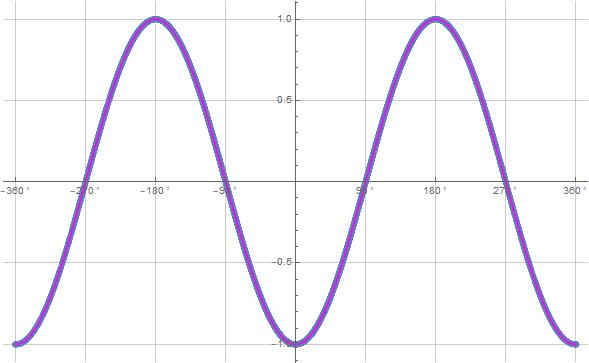Curiosity wrote:I just cannot understand how Bell-deniers here (it is ok they may call me Bell-fan, Bell believer, or whatever) cannot understand the simple proof of GHZ. I agree that the proof of the Bell theorem is obscure and I also agree with Joy Christian's criticism of the Bell theorem's proof. His derivation, which is also the ordinary orthodox derivation, is absurd.
However, GHZ is cristal clear, If you assume that outcomes of spin measurements are given by local realistic functions A(a,l), B(b,l), C(c,l), and D(d,l), where l=\lambda then it is impossible to reproduce the quantum mechanics predictions for two runs of the experiment, one with a+b-c-d=0 and the other with a+b-c-d=\pi. That's it! Incredibly simple, no statistical assumptions needed. It means that quantum mechanics or whatever other theory like Christian's models that are supposed to reproduce quantum correlations cannot be local realistic.
I may regret to have asked this, but I am just curious.
I agree with you, Curiosity. Except that I believe that a modern proof of Bell's theorem is not obscure at all. It helps to know and use the language of present-day probability theory. Bell was hampered by the poor state of knowledge of probability and statistics among the physicists of his time.
Here is a proof which uses standard Fourier theory, and necessarily uses some probability theory too, since the QM predictions for an EPR-B experiment are probabilistic
https://arxiv.org/abs/2012.00719 . I'm presently revising it, I'm interested in comments; though you might better wait a week or so for a coming new version.
Even experimenters who do a GHZ experiment have to use probability and statistics, since one does not observe perfect correlations in the lab. Theory may say that some probability is zero, but at best, with experiment, you can only show that it seems to be very small. You'll never engineer that state, and those measurements, perfectly. "Behind" the GHZ argument "without probability" there is actually a generalized Bell inequality, which is tested in a GHZ experiment.
That was exactly the reason we moved from Bell's 1964 three correlation inequality to the 1969 CHSH four correlation inequality. Bell's 1964 argument needed an assumption of perfect anti-correlation in certain circumstances. When you experimentally test that, you will find the anti-correlation is not perfect.
Physicists, statisticians and probabilists have to work together and speak one another's languages


